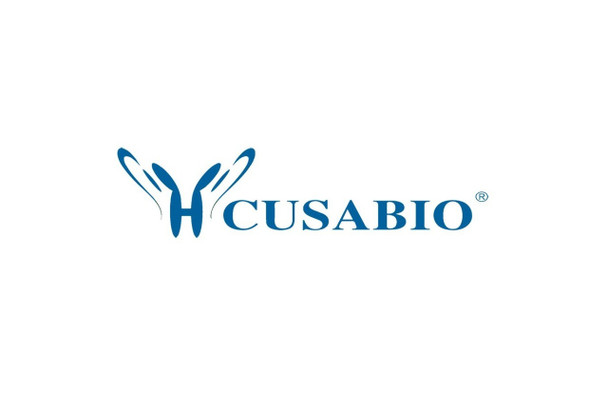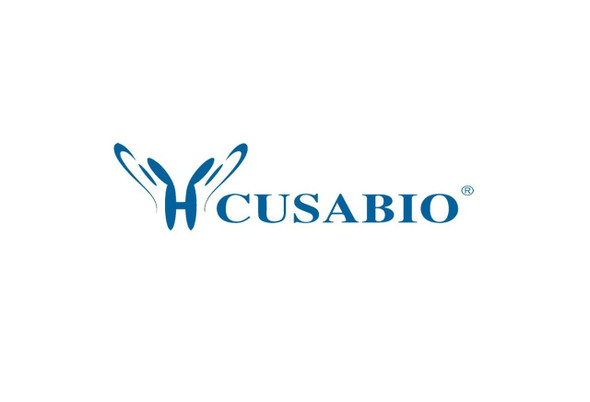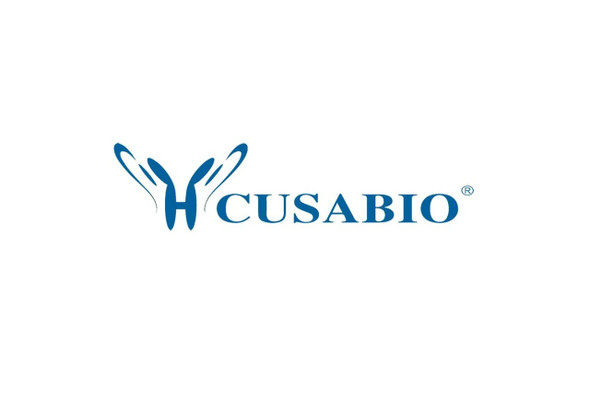Cusabio Polyclonal Antibodies
Phospho-CFL1 (Ser3) Antibody | CSB-PA932779
- SKU:
- CSB-PA932779
- Availability:
- 3 to 7 Working Days
- Size:
- 100ul
Description
Phospho-CFL1 (Ser3) Antibody | CSB-PA932779 | Cusabio
Phospho-CFL1 (Ser3) Antibody is Available at Gentaur Genprice with the fastest delivery.
Online Order Payment is possible or send quotation to info@gentaur.com.
Product Type: Polyclonal Antibody
Target Names: CFL1
Aliases: CFL; CFL1;
Background: Controls reversibly actin polymerization and depolymerization in a pH-sensitive manner. It has the ability to bind G- and F-actin in a 1:1 ratio of cofilin to actin. It is the major component of intranuclear and cytoplasmic actin rods.
Kobayashi M, et al. (2006) EMBO J 25 (4) : 713-26.
Wang Y, et al. (2005) Biol Chem 280 (13) : 12683-9.
Smith-Beckerman DM, et al. (2005) Mol Cell Proteomics: 156-68.
Isotype: IgG
Conjugate: Non-conjugated
Clonality: Polyclonal
Uniport ID: P23528
Host Species: Rabbit
Species Reactivity: Human, Mouse, Rat
Immunogen: Peptide sequence around phosphorylation site of serine 3 (M-A-S (p) -G-V) derived from Human cofilin.
Immunogen Species: Human
Applications: ELISA, WB, IHC, IF
Tested Applications: ELISA, WB, IHC, IF;WB:1:500-1:1000, IHC:1:50-1:100, IF:1:100-1:200
Purification Method: Antibodies were produced by immunizing rabbits with synthetic phosphopeptide and KLH conjugates. Antibodies were purified by affinity-chromatography using epitope-specific phosphopeptide. Non-phospho specific antibodies were removed by chromatogramphy using non-phosphopeptide.
Dilution Ratio1: ELISA:1:2000-1:10000
Dilution Ratio2: WB:1:500-1:1000
Dilution Ratio3: IHC:1:50-1:100
Dilution Ratio4: IF:1:100-1:200
Dilution Ratio5:
Dilution Ratio6:
Buffer: Supplied at 1.0mg/mL in phosphate buffered saline (without Mg2+ and Ca2+), pH 7.4, 150mM NaCl, 0.02% sodium azide and 50% glycerol.
Form: liquid
Storage: Upon receipt, store at -20°C or -80°C. Avoid repeated freeze.
Initial Research Areas: Signal Transduction
Research Areas: Neuroscience;Cancer;Cardiovascular;Signal transduction






